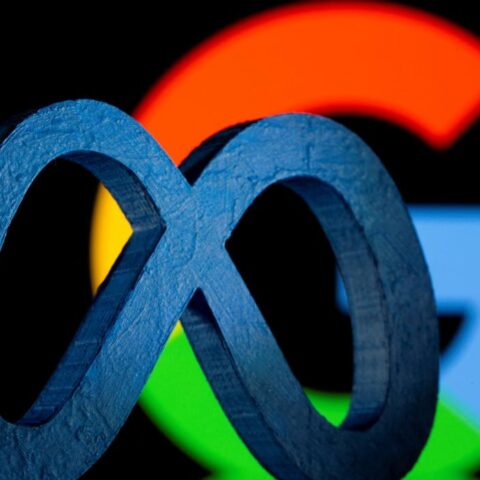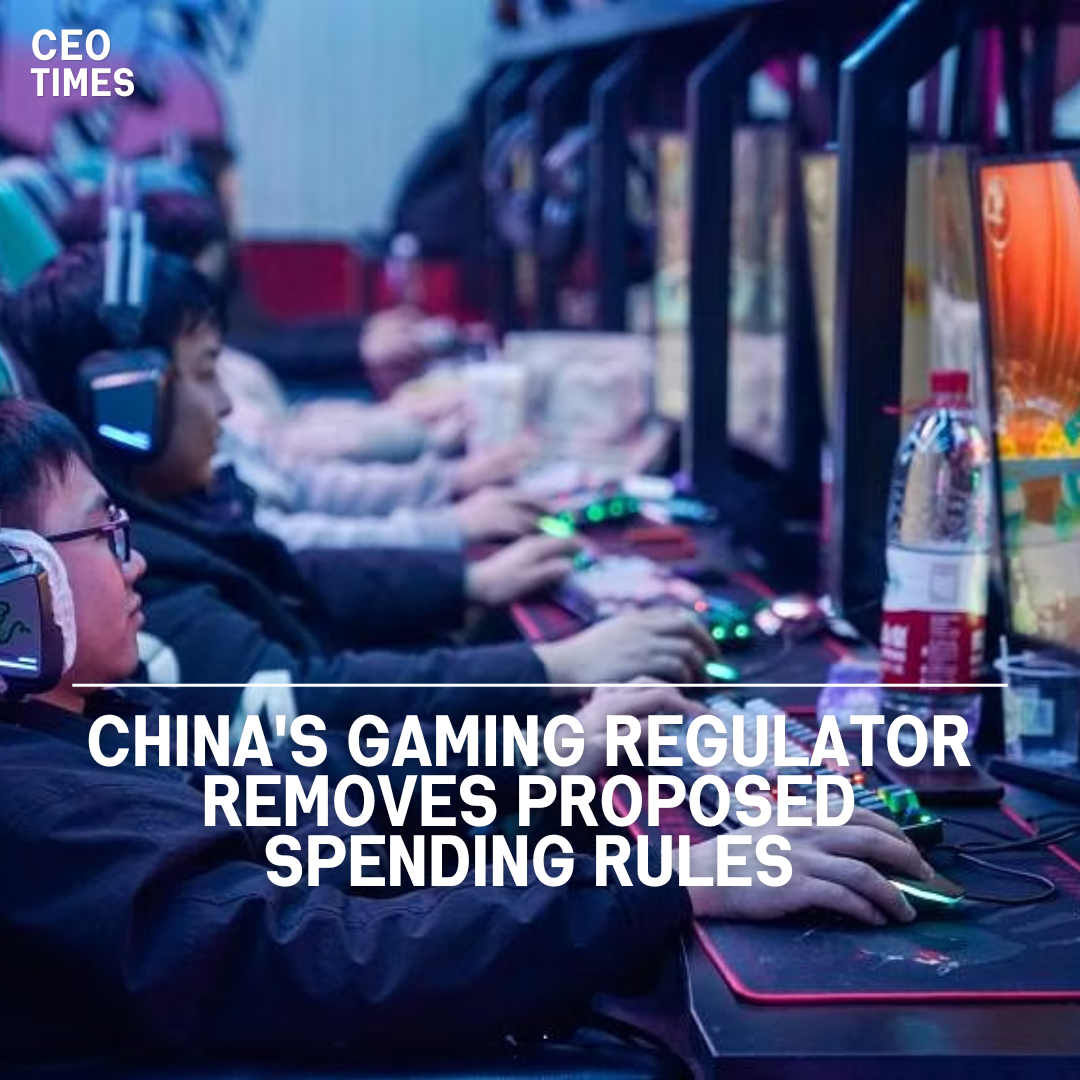In reaction to the European Union’s Digital Markets Act (DMA), Meta Platforms, the parent company of Instagram and Facebook, has announced changes to give European users more choices on how they consume its services.
This move is part of the company’s efforts to align with the DMA, ensuring compliance with the new regulations.
Google and Meta Respond to EU Technology Rules:
Following Google’s recent efforts to comply with the EU technology rules outlined in the DMA, Meta Platforms has now joined in making adjustments to its services. The DMA requires adherence from all major technology companies, impacting their revenue models.
Over the next few weeks, Instagram and Facebook users in Europe will receive notifications informing them of new choices regarding sharing their information between Meta’s services. These changes aim to enhance user control and align with the DMA’s provisions.
Facebook Messenger Account Choices:
As part of the adjustments, Facebook Messenger users will now have the opportunity to decide whether they want their Facebook account linked to their Messenger account or maintain separate accounts for each service. This decision provides users with increased flexibility in managing their social media presence.
Separate Management of Instagram and Facebook Accounts:
Users who have connected both their Instagram and Facebook accounts will now have the option to manage them separately. This means that information will no longer be automatically shared across the two accounts, offering users greater control over their data.
Meta also stated that users can now choose whether to share information between their Facebook accounts and the platform’s Gaming and Marketplace services.
This additional layer of customization aligns with the DMA’s requirements for treating its services and products similarly to rival offerings.
Compliance Deadline and Industry Impact:
The DMA, applicable to all major tech firms, including Meta, mandates compliance by March 7. These regulatory changes are expected to significantly impact the processes and revenue streams of major technology companies operating within the European Union.
As Meta Platforms and other tech giants adapt to the DMA, the industry is navigating the delicate balance between enhancing user control and meeting the regulatory obligations set forth by the European Union. The adjustments aim to foster a more competitive and user-centric digital environment within the region.




















